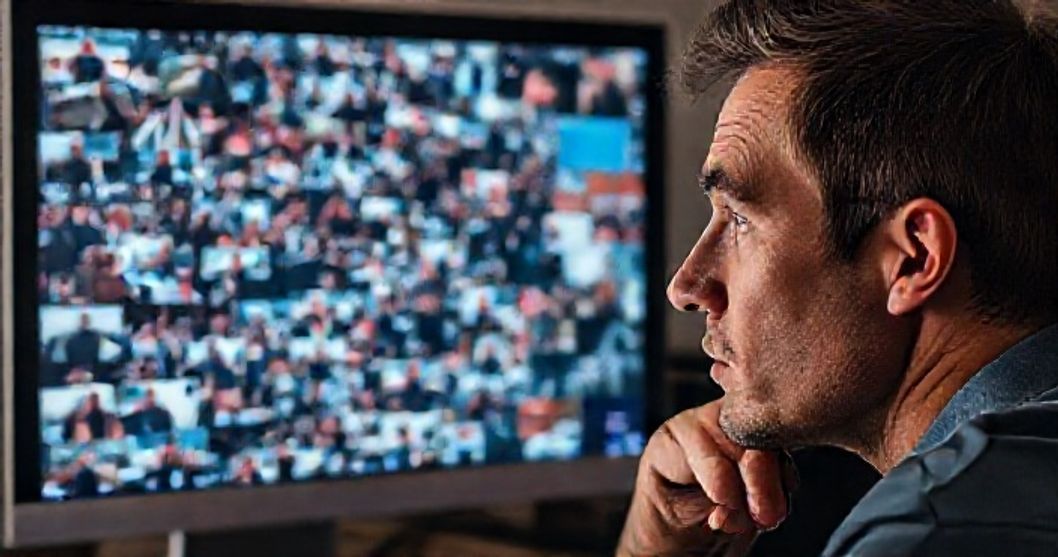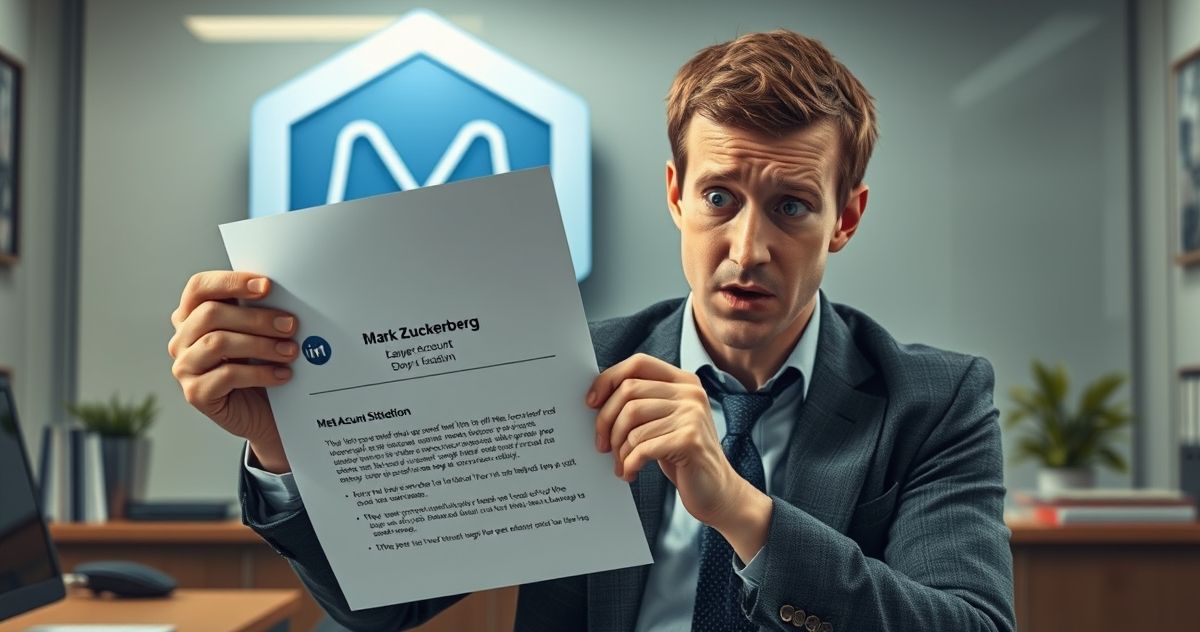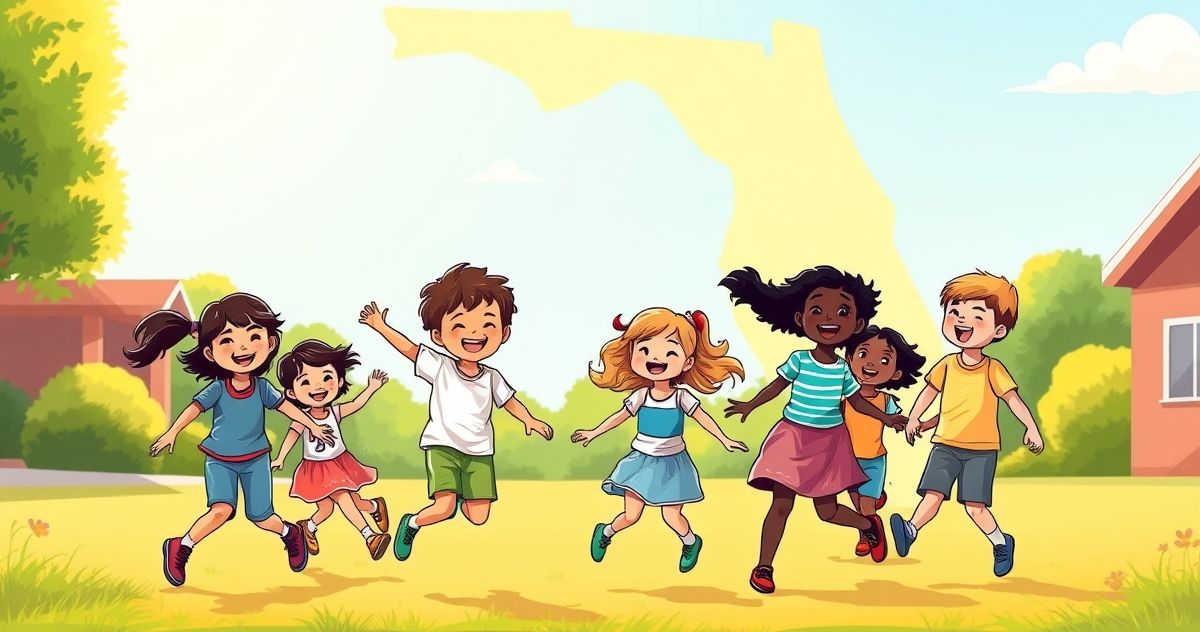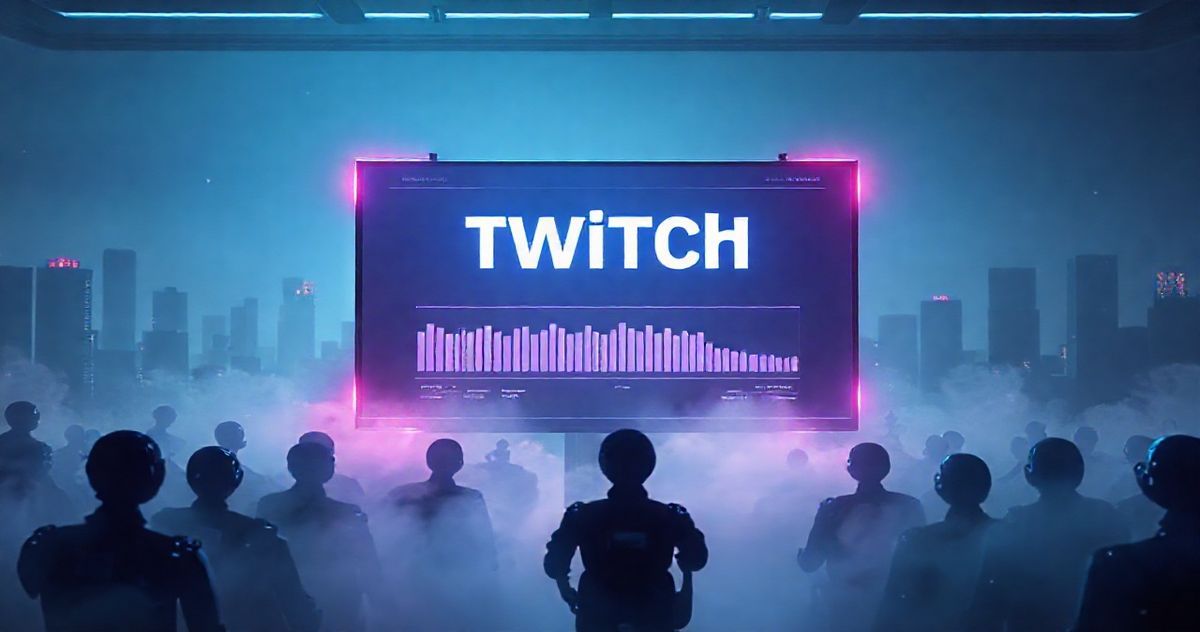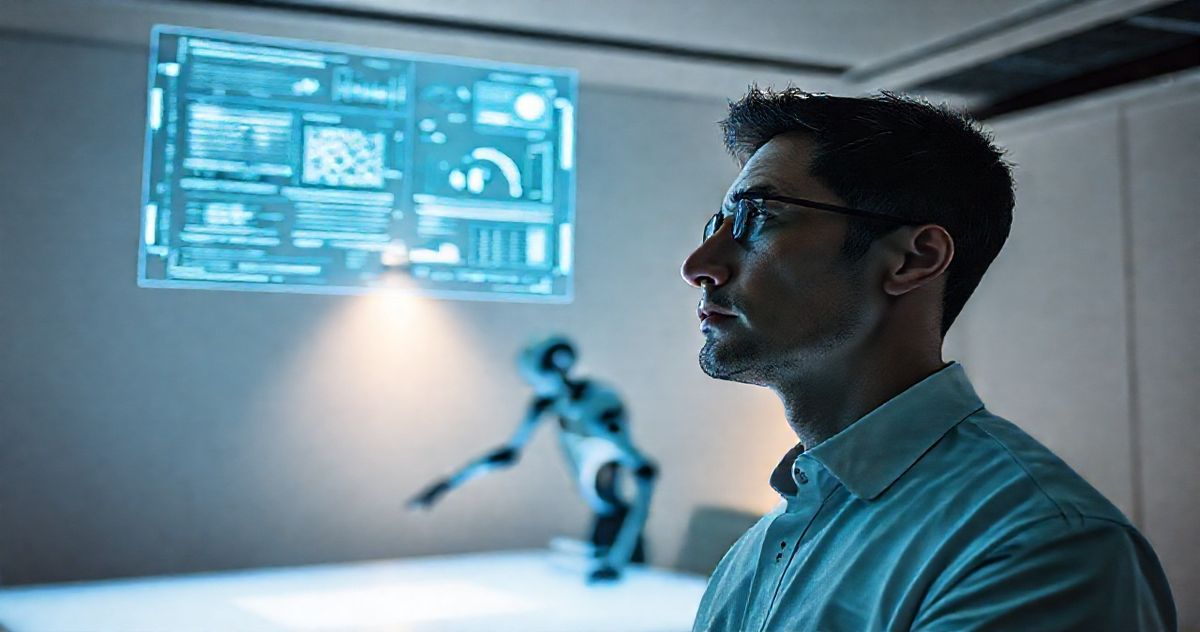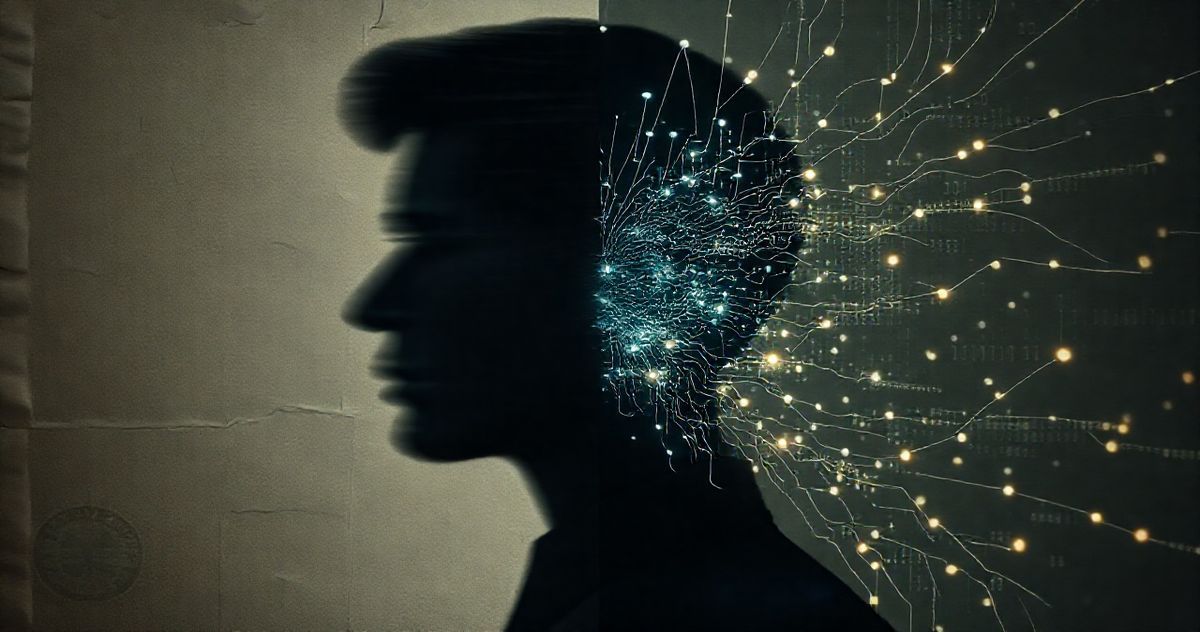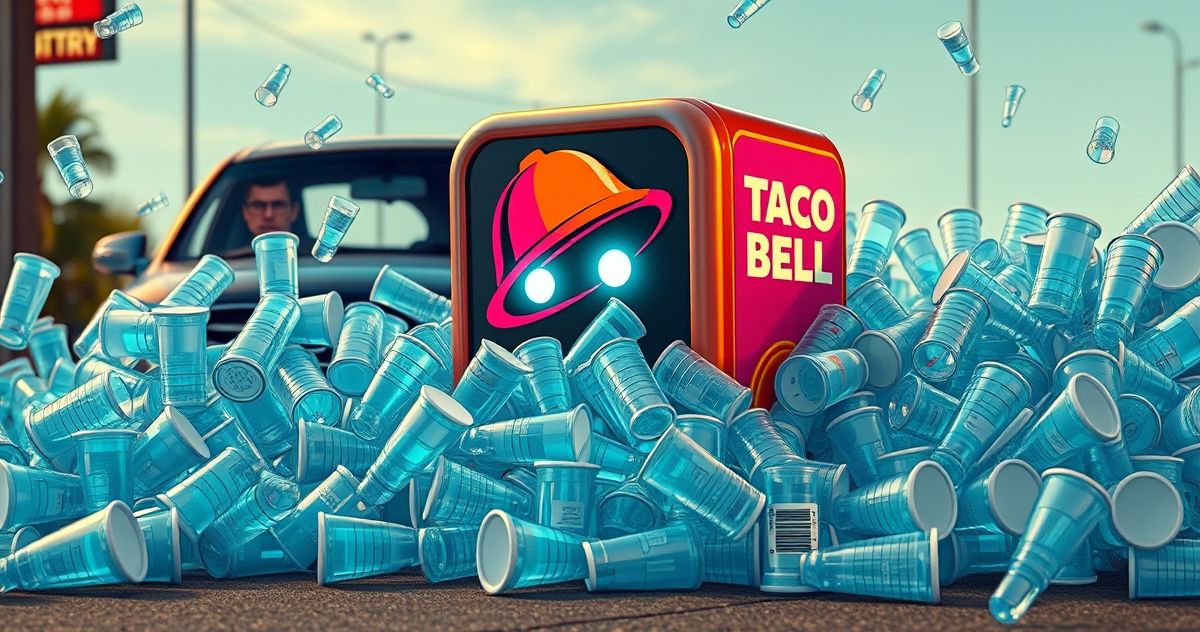Could artificial intelligence really make most of us poorer? That’s a pretty stark question, right? But it’s one that a true giant in the AI world, Geoffrey Hinton, is asking. He’s often called the ‘Godfather of AI’ because his work has been so foundational to what we see today. And he recently said something that really makes you stop and think: ‘AI will make a few people much richer and most people poorer.’
Now, that’s not exactly a feel-good prediction. It’s not about robots becoming our friends or making coffee. It’s about money. Your money. My money. The global economy’s money. It forces us to look beyond the shiny new apps and self-driving cars and really consider the social and economic earthquake AI might bring.
### The Automation Avalanche
We’ve heard about automation taking jobs for decades. Think about factory workers replaced by machines. But AI is different. It’s not just about repetitive physical tasks anymore. AI can now do things that require thinking, understanding, and even creativity. It can write articles, design websites, analyze complex data, and even create art.
This means jobs that once felt safe, jobs that required a degree and a desk, are now in the crosshairs. Customer service? Gone, replaced by sophisticated chatbots. Data entry? Automated. Even some coding or legal research? AI is getting good at it. This isn’t just about low-wage jobs either. It’s hitting the middle class, too.
Imagine Sarah. She’s been a graphic designer for a mid-sized marketing firm for fifteen years. She’s good, she’s reliable, and she’s paid well. One day, her boss calls her in. He explains that a new AI-powered design tool can now generate campaigns, create logos, and even animate short videos in a fraction of the time, and for a fraction of the cost. Sarah’s expertise is still valued, they say, but they only need one senior designer now, not five. Suddenly, Sarah, a professional with years of experience, is looking at a very uncertain future. She’s not alone. Many people will find their skills becoming less valuable, or even obsolete, overnight.
### Who Wins, Who Loses?
So, if jobs are disappearing, who exactly is getting richer? Well, the people who own the AI companies, the ones developing these powerful tools, they’ll definitely be wealthier. Think about the tech giants right now. Their market caps are already huge, and AI is only making them more powerful. The investors backing these ventures? They’ll do well too. And the select few highly specialized engineers and scientists who can build and maintain these advanced systems? They’ll command top dollar.
But for the rest of us? The vast majority of the workforce? It’s a different story. If our jobs are automated, our wages could stagnate or fall. We might be forced into lower-paying service jobs, or struggle to find work at all. This creates a huge gap: a small group of incredibly wealthy individuals and companies, and a much larger group struggling to get by.
It’s not just about income, either. It’s about opportunity. If the best opportunities are only available to a tiny fraction of highly skilled AI specialists, what does that mean for social mobility? What does it mean for the dream that anyone can work hard and get ahead?
### What Can We Do About It?
This isn’t a doomsday prediction meant to scare everyone. It’s a warning, and warnings are useful because they give us a chance to prepare. We need to start thinking about this *now*, before it’s too late. Here are a few ideas that smart people are already talking about:
* **Rethink education:** Our schools and universities need to focus on skills AI can’t easily replicate – critical thinking, creativity, emotional intelligence, complex problem-solving. Lifelong learning will be more important than ever.
* **Explore new economic models:** Concepts like Universal Basic Income (UBI) – where everyone gets a regular, unconditional payment – are gaining traction. If jobs are scarce, how do people live?
* **Policy and regulation:** Governments will need to step up. They might need to tax AI profits to fund social programs, or create new laws to ensure that AI benefits society broadly, not just a select few.
* **Focus on human-centric jobs:** As AI handles more routine tasks, jobs that require genuine human connection and empathy might become even more valuable, like caregivers, counselors, and creative artists.
This isn’t just a tech problem; it’s a societal one. It challenges our core ideas about work, value, and fairness. Geoffrey Hinton’s words might be unsettling, but they’re a vital push for us to confront the future head-on.
So, what do you think? Is AI destined to create an even wider wealth gap, or can we steer it towards a more equitable future?


